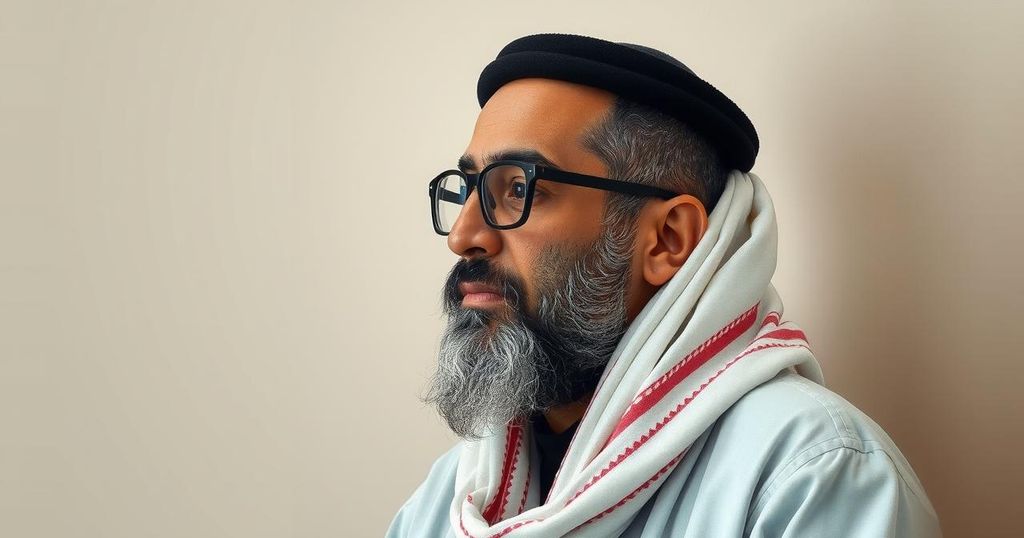Lebanon has deported poet Abdulrahman Youssef al-Qardawi to the UAE amid accusations of unlawful actions aimed at silencing dissent. Human Rights Watch has raised concerns over al-Qardawi’s safety, emphasizing the risks of torture and unfair trials in the UAE. This incident not only highlights Lebanon’s political alignments but also reflects the broader issue of regional repression against critics.
The Lebanese government has deported Abdulrahman Youssef al-Qardawi, an Egyptian-Turkish poet, to the United Arab Emirates (UAE), resulting in serious allegations of unlawful action by Lebanese authorities, as highlighted by Human Rights Watch (HRW). According to HRW, this deportation seems aimed at silencing dissent and poses grave risks to al-Qardawi’s safety, including potential torture and an unfair trial in the UAE. The decision has also raised significant concerns regarding Lebanon’s adherence to international law and human rights norms.
Abdulrahman Youssef al-Qardawi was initially arrested on December 28, 2024, at the Masnaa border crossing after returning from Syria, based on an arrest request from Egypt. Following this, the UAE issued its own extradition request on January 2, 2024, accusing him of spreading false information and disturbing public order through social media during his Syrian visit. HRW emphasized that these charges do not constitute recognized offenses under international law, marking the extradition as a violation of Lebanon’s obligations to protect individuals from political persecution.
Despite a lawyer’s appeals to prevent the extradition based on serious concerns over human rights abuses in both Egypt and the UAE, the Lebanese government proceeded without awaiting a ruling from its top administrative court. This swift action has drawn condemnation from various human rights organizations, including Amnesty International, which expressed that al-Qardawi’s extradition represents a direct threat to his safety and well-being.
In defending its decision, the Lebanese government stated that the UAE promised fair treatment for al-Qardawi. However, HRW underscored that assurances cannot overlook the documented human rights violations in the UAE, such as arbitrary detention and torture. Notably, al-Qardawi, a non-citizen of the UAE, was not in the country during the alleged offenses, indicating a disturbing trend of transnational repression against dissenters.
This case highlights Lebanon’s political dynamics and its alignment with Gulf interests amid ongoing economic struggles. It raises pressing questions about Lebanon’s commitment to uphold international human rights standards and protect individuals from political repression. The global community’s scrutiny on this incident is imperative to ensure accountability for actions threatening fundamental freedoms.
The deportation of Abdulrahman Youssef al-Qardawi stems from his previous arrest related to a request for extradition made by Egypt, citing charges of disseminating false information and public disorder. This situation is set against a backdrop of increasing regional political repression in response to dissent, particularly as Lebanon navigates its own economic crises and aligns itself more closely with Gulf states.
The deportation of Abdulrahman Youssef al-Qardawi by the Lebanese government raises alarms regarding Lebanon’s commitment to international human rights standards. It underscores the consequences of political repression across the region and the potential dangers faced by dissenters. As the international community watches closely, it is critical to advocate for the protection of individuals from unlawful deportation and persecution based on dissent.
Original Source: www.jurist.org






